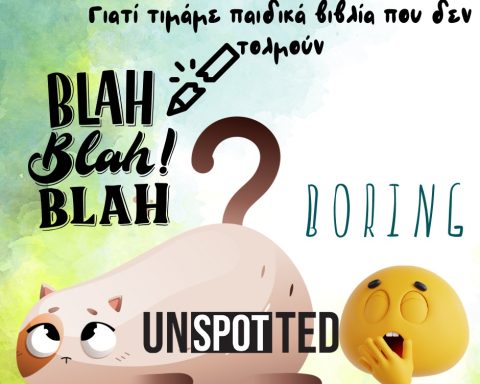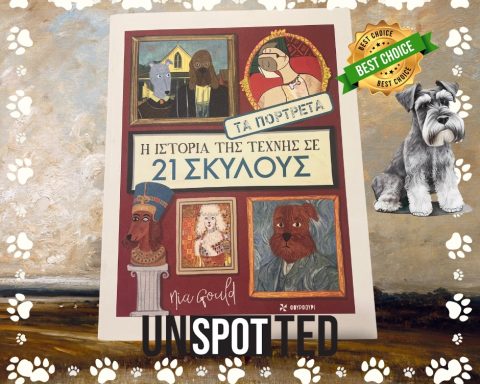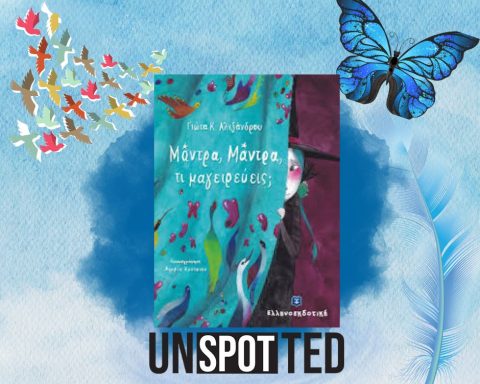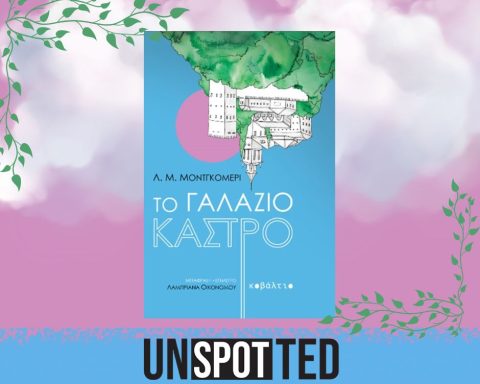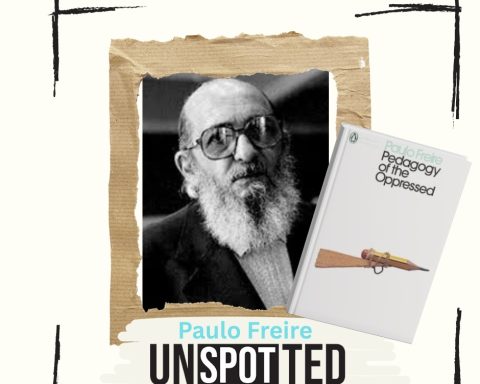Dr Faustus by Marlowe is a controversial play that its innovative writing style and the themes depicted in it, raise the question whether it is a heroic tragedy or a simple morality play. When analyzing any part of Dr Faustus, one must take into consideration that it was written at an era spanning from Reformation to Renaissance as O’Connor (2003) states. That transition had a tremendous impact on the way plays began to be written introducing the new Shakespearean theatre.
I specifically like the dialogue between the good and the evil angels. The passage starts with an allegory where the evil and good thoughts are transformed into angels and demons. According to Pacheco (2008), the good and the bad angel reflect Dr Faustus’ consciousness.
What is remarkable in Dr Faustus’ and generally Marlowe’s plays, according to O’Connor (2003,) is the fact that they are written in blank verse, an unrhymed iambic pentameter. Besides the blank verse, though, there are other literacy techniques combined in such way to retain the balance and poetic musicality of the play to engage the viewer to the intensity of the scenes and the conflict of the characters. For example, the use of alliteration (Bryant et al, 1990) “ heap God’s heavy …head” (Marlowe in O’Connor, 2003,1.1.74) in combination with the caesuras make the viewer realize the seriousness of the good angel’s warning, and the alluring promise of the bad one.
The beginning of the extract gives the impression that for Faustus, diverging from the Middle Ages mentality and beliefs, where people were supposed to believe without questioning, concerned him, at least for a while until his immense thirst for the unknown, power and wealth, put him at ease.
The medieval allegory is later replaced by Faustus’ Renaissance soliloquy. According to John O’Connor the word “resolve”(O’Connor, 2003,p8) holds an essential role in the play. Perhaps, due to the irony later in the plot. Faustus way of resolution seems to be identified with destruction. While it starts as curiosity it goes on unexpectedly, with the use of digression, as a delirium. The use of causative form “I’ll have them” and the pronoun “them” gives the impression that Faustus is arrogant and too proud, and he distinguishes himself from the common people from where his origin is. In lines 1.1.76-85(Marlowe in O’Connor, 2003) Faustus is not only delirious to find out the unknown but that delirium seems to be connected to wealth and power. He wants to get all the exotic products from the new world as a conqueror would and he goes even further as to suggest in lines 1.1.88-1.1.89(Marlowe in O’Connor, 2003) that scholars should wear silk, something that does not match, in degree, his above and below intensions but he seems to sympathize with the hardships and injustice scholars faced at that time.
His aggression and violent nature are shown in lines 1.1190-95 (Marlowe in O’Connor,2003,) where he shows his discontent being occupied as German from the Italians but although this desire could make someone think that that Faustus cares for his country, all this is reversed when it is understood that he wants not to free the Germans but dominate over them.
Finally, the word “ravished” (Marlowe in O’Connor, 2003,1.1.112) shows how frantic is Faustus with magic. He is infatuated by it to such extent that it is almost erotic and irreversible and blurs his judgment and academic mind. Thankfully for him, he seems to recognize his friends as equal, so he is not alone in his foolishness.
Bibliography
Bryant, P. E., MacLean, M., Bradley, L. L., & Crossland, J. (1990). Rhyme and alliteration, phoneme detection, and learning to read. Developmental psychology, 26(3), 429.
Marlowe, C. (2003 [1604]) Doctor Faustus: the A text, (ed. J. O’Connor), London, Pearson Longman
Pacheco,A. (2008) ‘Christopher Marlowe, Doctor Faustus’ in Moohan, E. (ed) Reputations (AA100 Book 1), Milton Keynes, The Open University,pp 29-54


